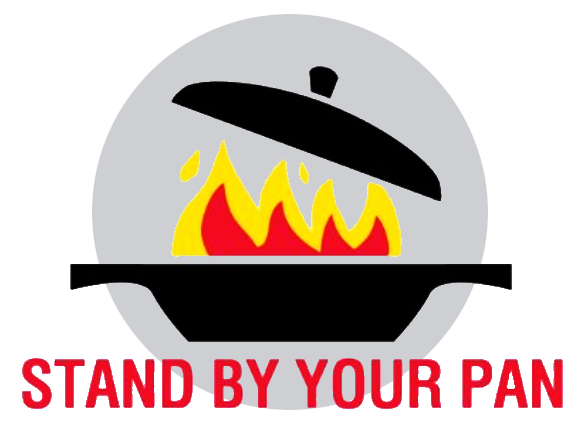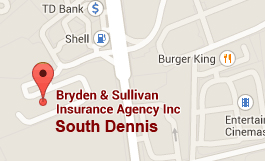-
-
Written by Super User Super User
-
Published: 22 November 2019 22 November 2019
-
Hits: 1621 1621
Did you know that Thanksgiving is number one day for home fires in Massachusetts?
"This holiday has the most home fires, and the majority are cooking fires,” says State Fire Marshal Peter J. Ostroskey. “As your families gather to celebrate this holiday, keep everyone safe. Start by making sure you have working smoke and carbon monoxide (CO) alarms.”
Cooking activities have been the cause of 87 percent of the 651 Thanksgiving Day fires in Massachusetts over the last five (5) years. State Fire Marshal Ostroskey offered these cooking safety tips that everyone can follow to prevent fires:
 |
Cooking Safety Tips
|
| 1 |
Check to make sure your oven is empty before turning it on. |
| 2 |
Wear short or tight-fitting sleeves when cooking. |
| 3 |
Turn pot handles inward over the stove. |
| 4 |
Remember to “stand by your pan” and stay in the kitchen when boiling, frying or broiling. |
| 5 |
Use a timer when baking or roasting and never leave the house with the oven running. |
| 6 |
The best way to respond to a stovetop fire is to “put a lid on it” and turn off the heat. |
| 7 |
The best way to respond to an oven or broiler fire is to keep the oven doors closed and turn off the heat. |
| 8 |
If the fire is not quickly snuffed out, leave the house and call 9-1-1 from outside. |
Insurance ... simple and done!
6 Steps for Storm Preparedness on Cape Cod
| |
1. Know your Risk.
Wind Storms, Hurricanes, Blizzards and Flooding are our most immediate concerns on Cape Cod. It's always best to have your own Emergency Preparedness Plan. You can protect your local emergency management organization to determine if there are already community-wide preparedness materials you can have, including evacuation routes, shelters and communication systems. |
| |
2. Assemble or Update your Emergency Kit.
Stock up on basic supplies you might need if you had to evacuate your home quickly. Items may include food, water, first aid supplies, medication, batteries, blankets and pet supplies. Put these items in a lightweight, waterproof container an dplace it somehere that can be easily accessed in an emegrency. |
| |
3. Create a Communication Plan.
Your family might not be together when disaster strikes. Have a discussion with your kids about emergency preparedness, including where you can meet and how everyone can get in contact if the unexpected happens. |
| |
4. Practice your Plan.
Mock scenarios with your family and even your entire community can help everyone understand how to prepare for, react to and recover from a disaster with confidence. That way, if an emergency were to strike, each member would know exactly which tasks they are responsible for to keep themselves and others safe. |
| |
5. Prepare your Home.
You can reduce the risk of injury to yourself and damage to your home by preparing your property for disaster. For example. in the case of a hurricane, it is recommended to board all windows and doors with hurricane shutters, and turn refrigerators and freezers to the coldest setting in order to preserve food, whereas a blizzard and freezing temps require salting the driveway and letting cold water drip from the faucet to prevent frozen pipes.
|
| |
6. Document and Insure your property.
Under certain circumstances, damage to your home may not be covered under a basic homeowner's insurance policy. Talk to Bryden and Sullivan insurance agents to determine if you need any additional coverage for the risks your area is particularly susceptible to, such as tornadoes, wildfires, hurricanes and more.
|
| |
|





